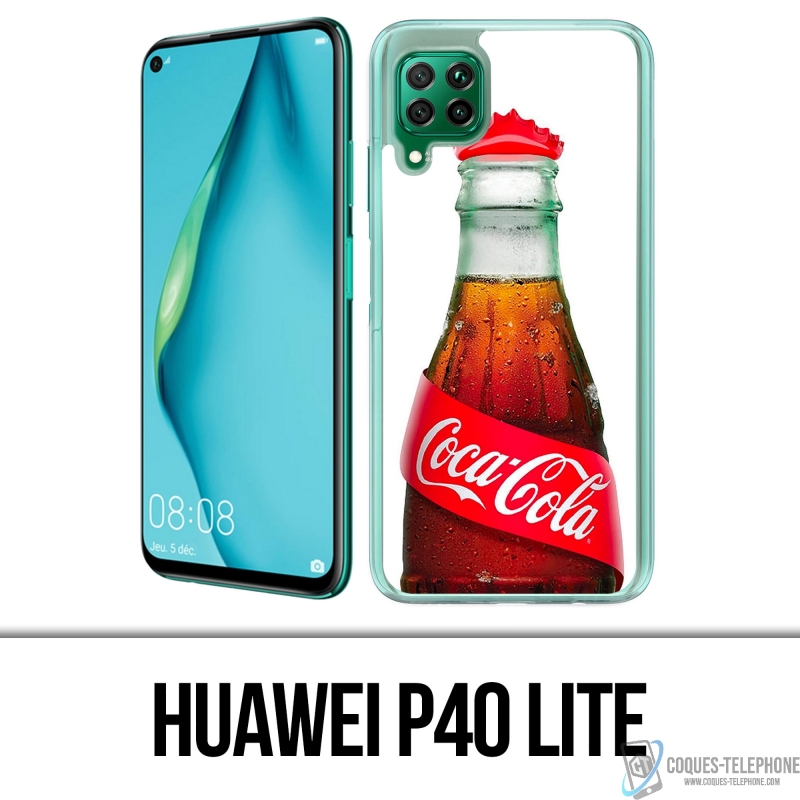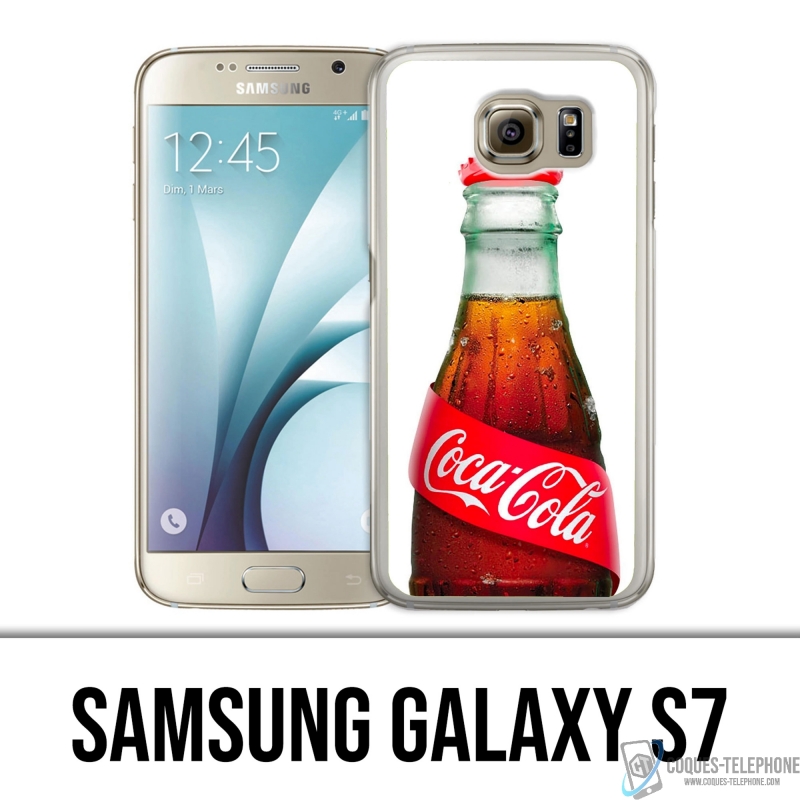

SE-1 effects were strikingly selective for sucralose. On the other hand, SE-1 exhibited little or no agonist activity on its own. At 50 μM, SE-1 increased the sucralose potency by >20-fold. In one of these screens we found a hit, SE-1, which significantly enhanced the activity of sucralose in the assay. 3) Finally there is Ajinomoto, one of the world's largest suppliers of MSG and aspartame.To identify molecules that could enhance sweetness perception, we undertook the screening of a compound library using a cell-based assay for the human sweet taste receptor and a panel of selected sweeteners. 2) Kraft, who is researching sweeteners in gum is doing so under the company Cadbury Adams and is also investigating medical confectioneries. That leaves 1) Nestle, who denies their relationship with Senomyx but Senomyx states that before terminating their relationship in 2009 that Nestle had selected one of their ingredients for use in the coffee and coffee whitener and states on their updated site that although the collaborative period was over, "development activities are ongoing" and Nestle was listed on the 2011 fiscal statements for Senomyx. Two business collaborators, Solae and Campbell Soup have come forward to the media denouncing their ties with the company and vowing, similar to Pepsico, not to use HEK293 cell lines in their products. In July of 2011, after the boycott with Pepsico became so vigorous, Senomyx brought down its main development website listing its goals and main business collaborators. You might be surprised just who is using Senomyx for research. On a claim directed to or encompassing a human organism." This prevents any new company with creating cells like HEK293 for human consumption, but it still leaves HEK293 and its generated protein enhancers on the market. Reads, “Notwithstanding any other provision of this title, no patent may issue On September 16, 2011, Congress passed HR 1249,īanning the patenting of human organisms, including fetuses or embryos, which I think it is acceptable to assume that Pepsico products are now satisfactory for those with conscience objections.

However, after increased fiscal pressure due to boycotting, Pepsico released a statement and changed their website policies in April of this year stating that neither they nor any third party would use HEK cell lines for their products. The collaboration for use in its non-alcoholic beverages." After a stockholder request to cease using HEK293 based sweeteners due to a world-wide ban in late 2011, Pepsico refused to succumb to pressure by tabling the matter for their meeting in January.

However, in their patent while Senomyx does state their goal to use the resulting proteins for screening foods and beverages, several of their objectives discuss the use of HEK293's proteins "as an ingredient in food and beverage compounds" or "for their ability to enhance, mimic, block and/or modulate sweet taste perception, in a mammal, preferably human" or worse, "to identify compounds that modulate the taste of animal feed formulations for use in, e.g., fish aquaculture." Ok, eeww, that is enough of that.īut the question still remains, what link does Senomyx have with Pepsico or any other food industry? According to The Wall Street Journal and the Daily Market's Stock Exchange report, Pepsico and Senomyx penned a multi-million dollar deal in 2010 for research and development, and according to the contract, gave Pepsico "exclusive rights to the Senomyx sweet flavor ingredients developed under

In several statements to the media, the company has denied using HEK293 for any purpose other than taste-testing products to find ways to make foods taste better. Senomyx has patented this process for several reasons. HEK293 is valued for its ability to release proteins which stimulate both the sweetness and the umami (meat or savory) taste receptors making foods and drinks more palatable. HEK stands for Human Embyonic Kidney - the cells are cloned, but did come from an aborted fetus, although many years ago. The culprit of the uproar is the company Senomyx and the HEK293 cells it is using to enhance the flavour receptors in food products.


 0 kommentar(er)
0 kommentar(er)
